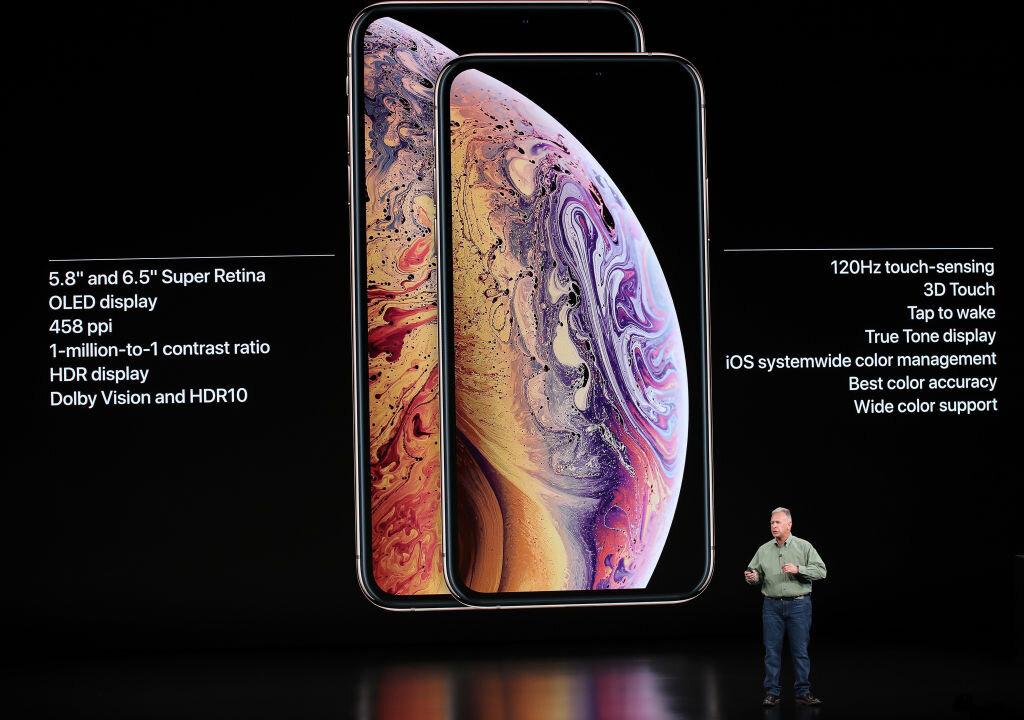A Chinese company with pro-Beijing leanings is part of a Chinese-Taiwanese consortium poised to take over a Japanese display maker, potentially raising red flags for U.S. entities.
Japan Display, a Tokyo-based LCD display maker and a major supplier to Apple, has agreed to a bailout of about 80 billion yen ($718 million) from the consortium, according to an April 3 report by Japanese media Nikkei.
The consortium, consisting of two Taiwanese companies—electronic component maker TPK Holding and financial house Fubon Group—and Chinese asset management firm Harvest Fund Management, would become Japan Display’s top shareholder with a stake of almost 50 percent.
Japanese public-private fund INCJ, Japan Display’s current largest shareholder at about 25 percent, would see its stake drop to about half its current level, if the bailout proceeds.
According to Nikkei, Japan Display has announced that the bailout arrangement will be formalized at a board meeting early next week.
However, the bailout could fall apart if the Committee on Foreign Investment in the United States (CFIUS), a U.S. government panel that screens foreign investments for potential U.S. national security risks, were to launch an investigation into members of the consortium, according to Nikkei.
CFIUS has the power to review foreign-to-foreign deals if the target has a U.S. subsidiary or significant U.S. assets or operations. The panel can block a deal if it’s determined that the deal could harm U.S. national security.
There has been a precedent of CFIUS blocking a deal involving only foreign entities. In 2018, Japanese building supplies manufacturer Lixil Group was blocked from selling its Italian subsidiary Permasteelisa to Chinese construction group Grandland Holdings, according to Nikkei.
While the exact reason behind CFIUS’s rejection hasn’t been publicized, Nikkei pointed out that Permasteelisa generated about 40 percent of its revenue in the United States, and has supplied glass panels to New York’s One World Trade Center.
Japan Display relies heavily on Apple for its revenue, as the company has supplied LCD screen displays for different iPhone models, including the iPhone 6 and XR, according to Japanese media. The Japanese LCD maker is now struggling financially in part due to poor sales of the XR model, as well as Apple’s decision to use a newer display technology—organic light-emitting displays (OLED)—to equip its new iPhone models, including the XS.
Japan Display has a small OLED pilot production line in Japan, according to an April 3 report from Reuters. The Japanese company will supply OLED screens for Apple Watches set for release later this year.
Some believe the bailout deal won’t be easily approved. “Because the [consortium] companies involved have complex structures, a probe [by CFIUS] like that would take some time. This won’t be a deal that will get easily approved,” Michihiro Nishi, a lawyer focused on international corporate transactions, told Nikkei.
The Japanese media outlet and Reuters both reported that the consortium plans to open an OLED panel plant in China using Japan Display’s technology to produce smartphone panels. The former added that the factory will be built with the help of Chinese government subsidies.
OLED is a valuable advanced technology that has been considered critical for economic development in some countries, including in South Korea, where the government has identified it as a “core industrial technology.”
China has also been aggressively developing the technology, sometimes resorting to underhanded tactics. In 2010, a Chinese chemist working for DuPont was sentenced by U.S. authorities to 14 months in prison for passing OLED technology to a Chinese university.
Last year, South Korean prosecutors indicted two cases involving South Korean and Chinese nationals attempting to transfer South Korean OLED technology to Chinese companies.
Beijing-Friendly Leanings
Harvest Fund Management (HFM), founded in 1993, is a private Chinese company with a U.S. subsidiary, Harvest Global Investments Limited. It has offices in New York City, Hong Kong, and London.
HFM has ties to the Chinese Communist Party (CCP). The company’s current chairman, Zhao Xuejun, also known as Henry Zhao, is also the company’s Party secretary, according to a March 2019 article by China’s state-run media China Securities Journal. Party organizations are required inside all Chinese firms to ensure that business policies toe the Party line.
Zhao is also vice president of the Securities Association of China, a trade organization that is under the supervision of two central government agencies: the China Securities Regulatory Commission and Ministry of Civil Affairs.
HFM has a sizable Party cell. According to a September 2011 article published by China’s state-run media Shanghai Financial News, HFM had a total of roughly 70 Party members at the time. In the same article, Song Zhenru, who identified himself as HFM’s deputy Party secretary and the company’s deputy chairman, said that at the firm, “Party work and company management are combined together.”
The article also mentions how the company’s Party members were taught to enforce their “Party nature” and “political thought.”
Zhao publicly applauded the CCP and stated his allegiance to the Party in November 2017, when he attended a corporate award ceremony held at Renmin University in Beijing, according to a report by news portal Sina.
“I admire the 19th National Congress [the Party’s once-in-five-years conclave held in 2017]. The mission of our Party is to bring happiness to people, and to revive the nation for people,” Zhao said.



